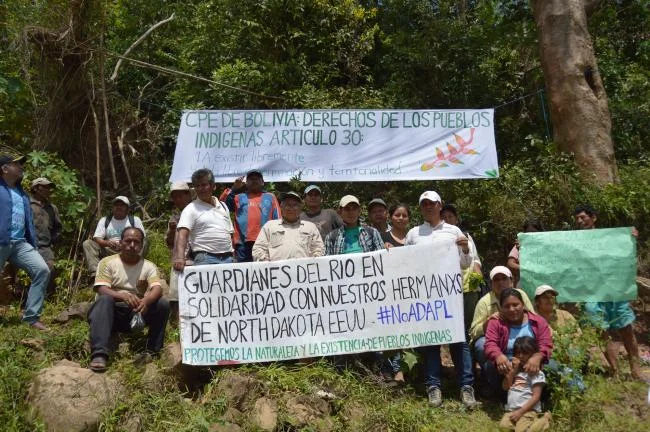Last November, representatives of 17 indigenous communities held a vigil at the site of two megadams—El Chepete and El Bala—that President Evo Morales plans to build in Bolivia’s Amazonian region. The protesters blocked access to the site by Geodata, the Italian firm hired by the government to study the dams’ feasibility. Twelve days later, Geodata’s engineers withdrew their equipment, announcing, “If there’s no [community] consensus, the conditions don’t exist for us to work.”
The episode represents a small but important victory for indigenous groups, environmental activists, and civil society organizations that have resisted construction of the dams for several years. It also poses at least a symbolic challenge to Morales’s stated goal of converting Bolivia into South America’s leading energy powerhouse, primarily through the production and export of hydroelectricity—with potentially devastating social, environmental, and economic consequences for Bolivia.

